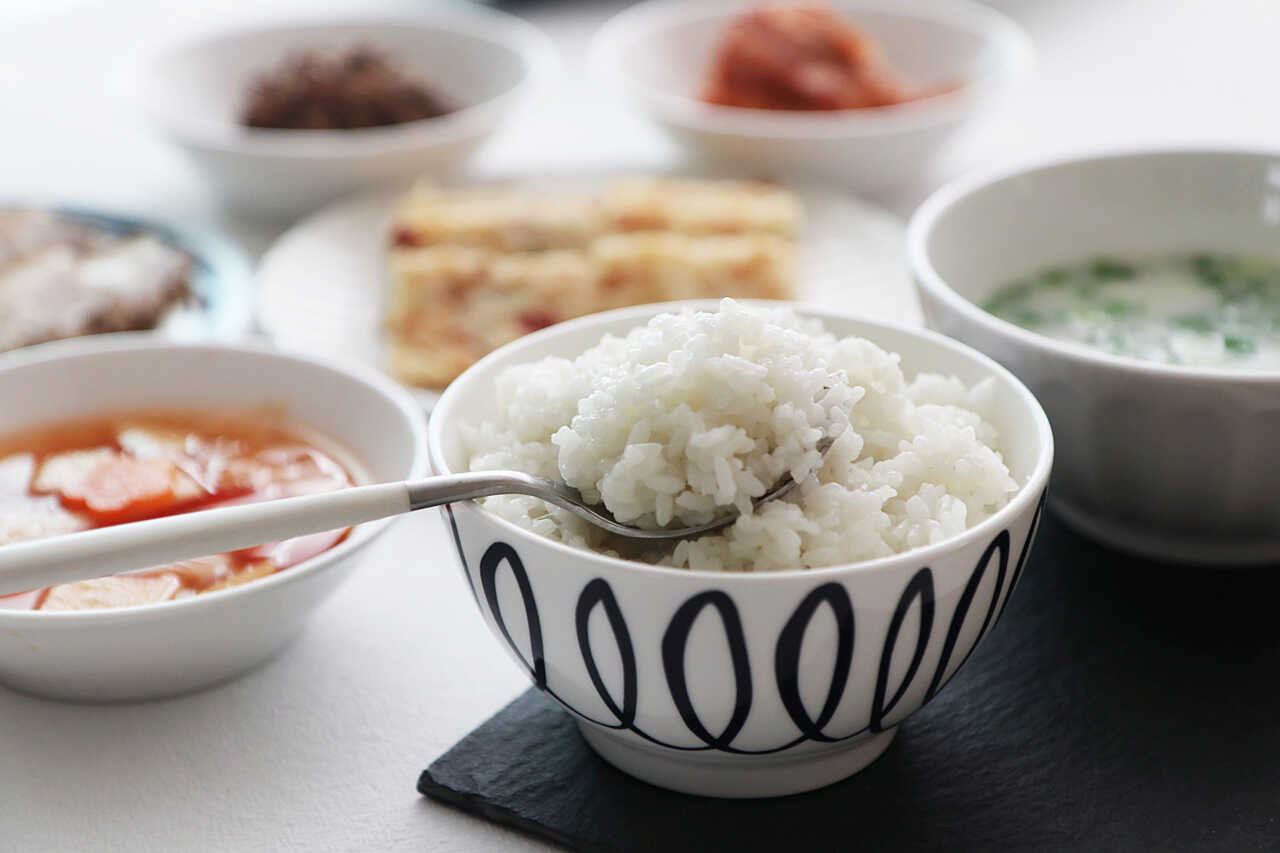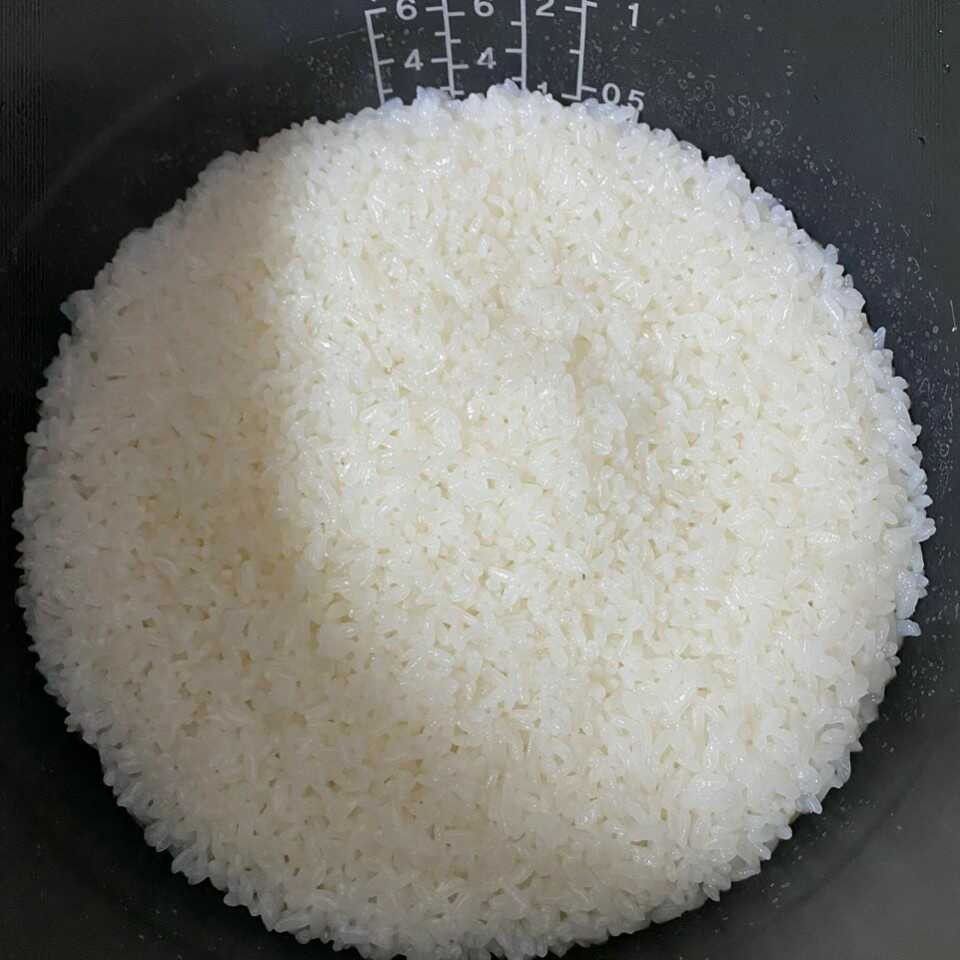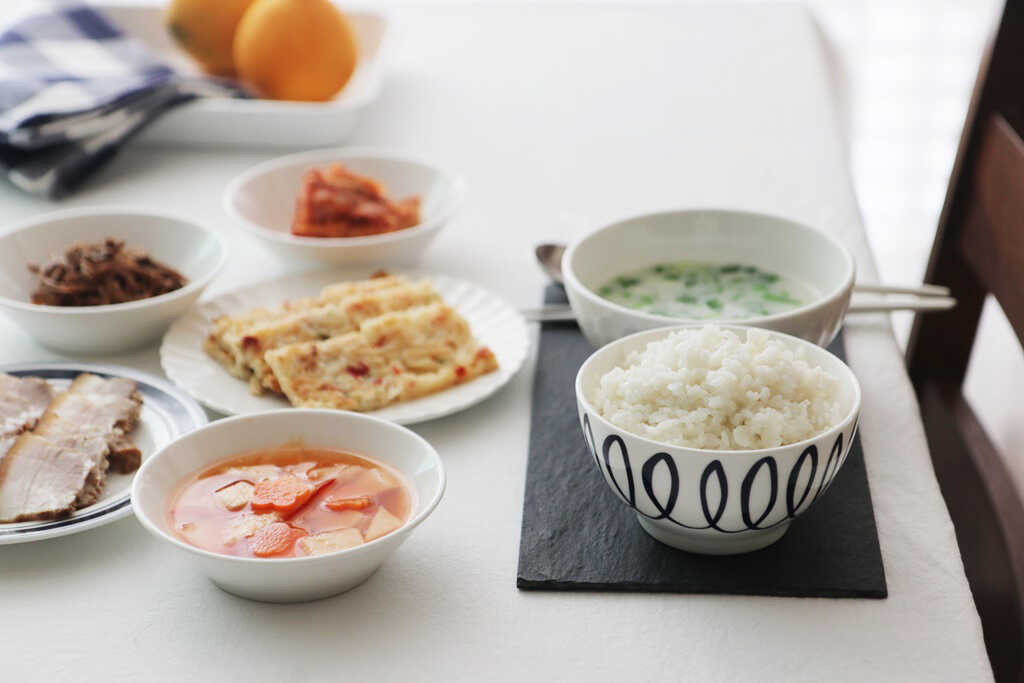Rice As a Gateway to Understanding Korean Culture

Korea is one of the unique countries with distinctive cultures and customs. Among these, expressions related to "rice" are a vital aspect of Korean culture that reveal significant insights. Meals transcend mere nourishment and serve as essential tools for communication and social interaction, with a variety of traditions and expressions.

When meeting someone in Korea, it is common to ask, "Have you eaten?" This greeting goes beyond inquiring about well-being and symbolizes an intimate relationship that continues with shared meals. This question not only reflects the caring and considerate nature of Korean culture, but also signifies an appreciation of the importance of the other person.
Sharing a meal in Korea has a deep meaning in terms of space and time. Gathering around a round table to enjoy a meal with family or friends promotes mutual communication and a sense of togetherness. The serene mealtime also serves to cleanse the mind and express gratitude.

Food also has social significance in Korean culture. The concept of "선(seon)":first and "후(hoo)":later dictates the order in which dishes are eaten, emphasizing the importance of rice. Typically, rice is eaten before soup or side dishes, symbolizing its paramount importance. In addition, the tradition of elders or superiors initiating the meal underscores the value of courtesy.

The Korean language is rich in expressions related to rice. In addition to the question "Have you eaten?", variations such as "Have you eaten rice?" and "Let's have a meal together next week" demonstrate a cultural practice of arranging meetings around shared meals. These expressions convey Koreans' intention to build closer relationships through eating together. Phrases such as "emptying the rice bowl" signify finishing a meal and showing appreciation by consuming everything. "Cutting off the rice string" implies severing relationships or obligations.

In this way, rice-related expressions in Korean culture encompass more than just food; they encapsulate social meanings and customs. By understanding these aspects-using food to communicate and build relationships-one can gain a deeper appreciation and understanding of Korean culture.
Booking.com



